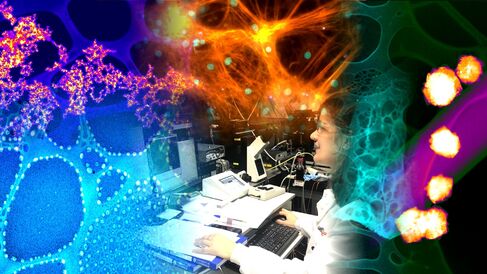
New MPhil in Biotechnology – interdisciplinary training and a pathway for physicists, engineers, mathematicians and computer scientists to get into the biological sciences
The Department of Chemical Engineering and Biotechnology is launching a new MPhil in Biotechnology, now recruiting the first cohort to start in October 2018.
The programme (11 months full-time) puts together world-leading academics and a range of industry champions to deliver interdisciplinary state-of-the-art education.
Why Cambridge’s MPhil in Biotechnology
The programme was conceived to set students up for a successful career in the fast-growing biotechnology sector and allied areas. It gives them the foundations, as well as guide them through some of the latest advances in biotechnology. It provides intensive practical and research training and offers plenty of opportunities for the students to develop transferable skills, including business-related competences, that are valued by employers. The programme’s aim is to train scientists who have commercial awareness and can effectively dialogue with a range of stakeholders in either academic or business settings.
Some of the most important frontiers of biology are at the interface with physical sciences and technology. Those who are able to combine strong analytical skills with biological reasoning can push the field ahead and are very much wanted by academia and industry. A distinctive feature of the programme is the pathway offered to engineers, physicists, mathematicians and computer scientists who want to migrate into the pharmaceutical, healthcare, agritech or bioenergy sectors.
Why the Department of Chemical Engineering and Biotechnology, CEB
CEB is known for its world-leading teaching and research, being consistently ranked among the top chemical engineering departments. They bridge the traditional boundaries of disciplines, having creative interfaces with many other academic departments. Industrial collaboration and funding is one of their indicators of success. CEB adopts a whole system approach, taking innovation from concept to exploitation. They believe in a seamless transition from basic science, and their students are encouraged to look for opportunities to exploit their research. The Department has filed 50+ patents since 2008 and is linked to 15 spin-offs.
Learn more or get in touch at http://www.ceb.cam.ac.uk/biotech.
